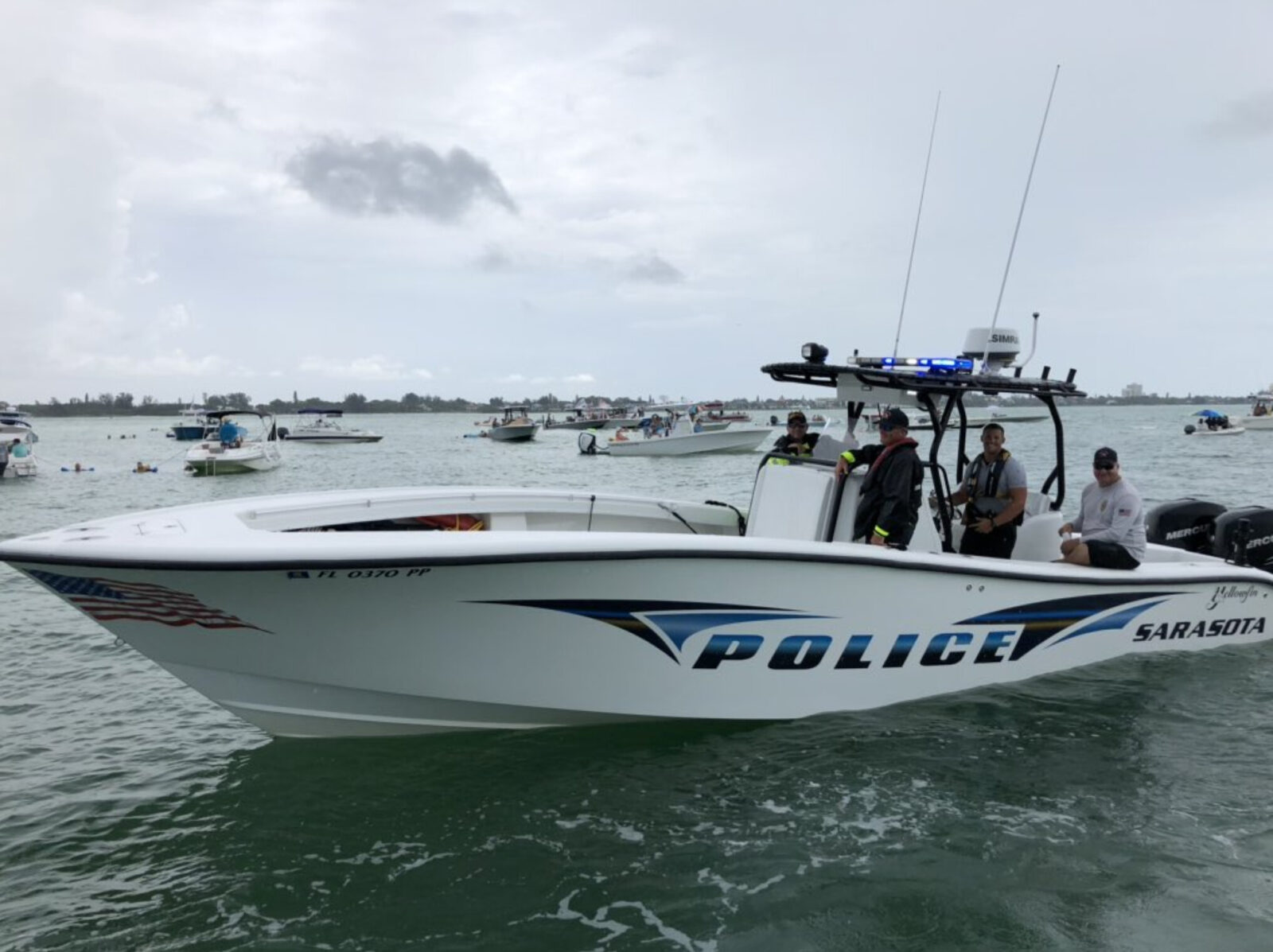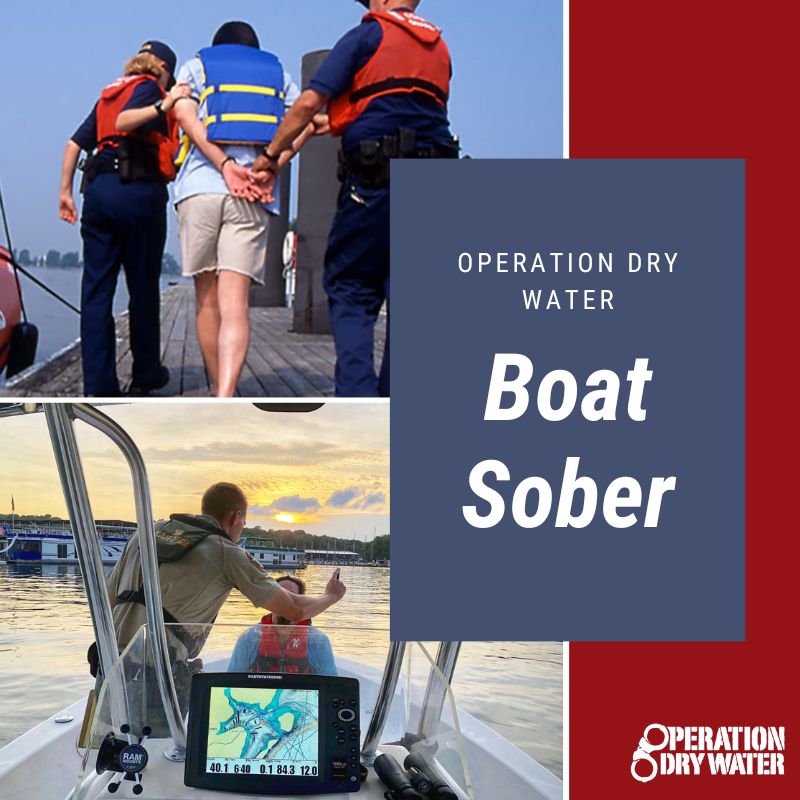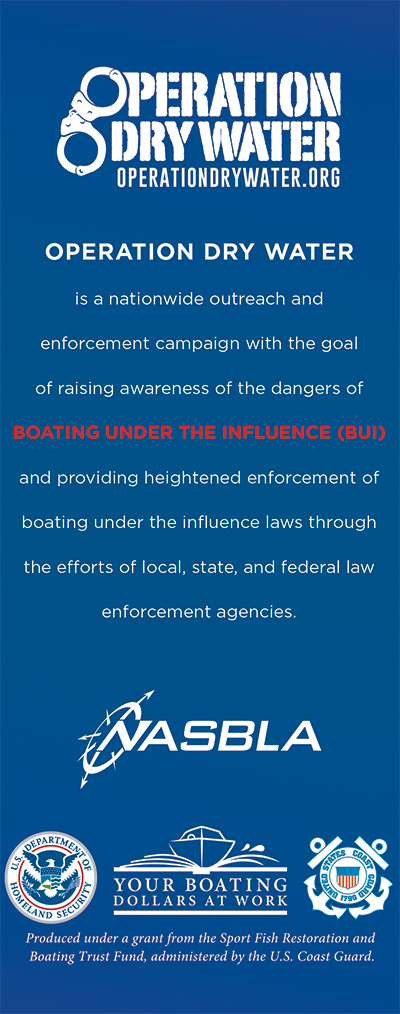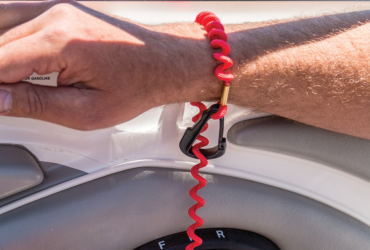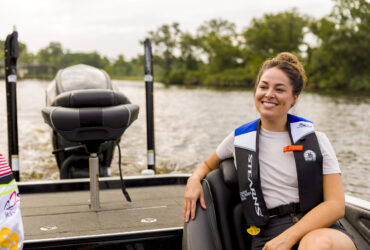ALCOHOL IS THE LEADING CONTRIBUTING FACTOR IN FATAL BOATING ACCIDENTS.
Alcohol can impair a boater’s judgment, balance, vision and reaction time. It can
fatigue and susceptibility to the effects of cold water immersion.
Sun, wind, noise, vibration and motion — “stressors” common to the boating environment— intensify the effects of alcohol, drugs, and some medications. Alcohol use is the leading contributing factor in recreational boating deaths. Alcohol use is dangerous for passengers, too. Intoxication can cause slips, falls over board and
other dangerous accidents.
BUI Enforcement
Operating a recreational vessel with a Blood Content of .08 or higher is against
state and federal laws. The U.S. Coast Guard standard for determining if a boat operator is intoxicated is when the effect of an intoxicant (alcohol or drugs) on the person’s manner, disposition, speech, muscular movement, general appearance or behavior is apparent by observation and/or through the administration of a chemical test.
If you boat under the influence your voyage may be terminated, the boat may be impounded and the operator may be arrested. Penalties vary by state but can include fines, jail and loss of boating or even driving privileges.
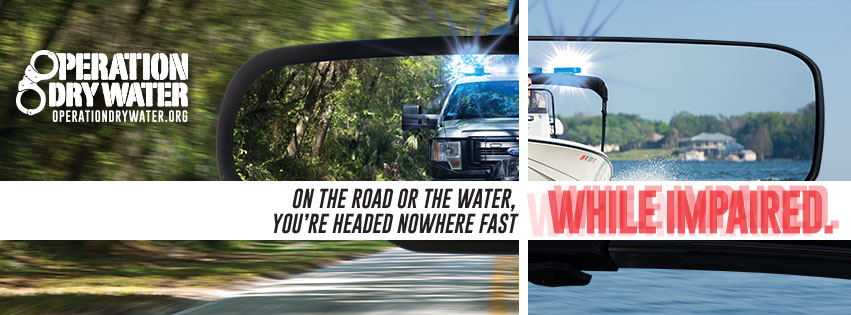
- The federal BAC legal limit for operating a vessel under the influence is .08
- Alcohol use can impair a boater’s judgment, balance, vision and reaction time
- Sun, wind, noise, vibration and motion —“stressors” common to the boating environment— intensify the effects of alcohol, drugs, and some medications
- Alcohol use can increase fatigue and susceptibility to the effects of cold-water immersion.
- Alcohol is dangerous for passengers too. Intoxication can cause slips, falls over board and other dangerous accidents.
- If you boat under the influence of drugs or alcohol you are endangering your life and the lives of others.

